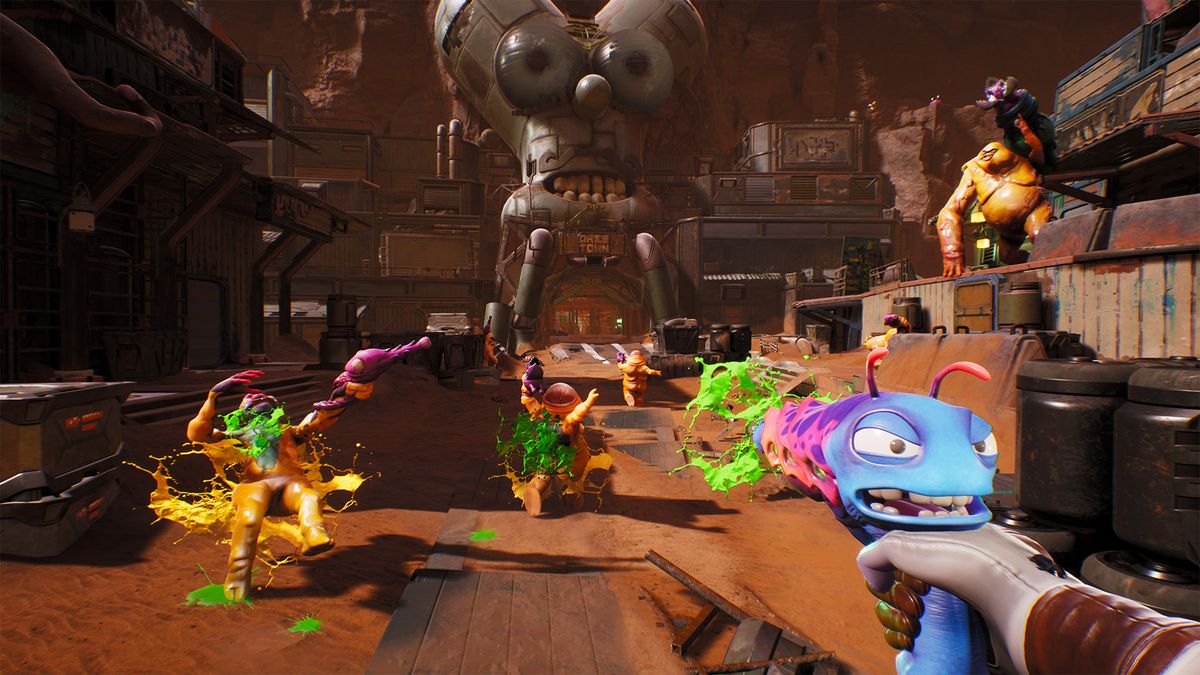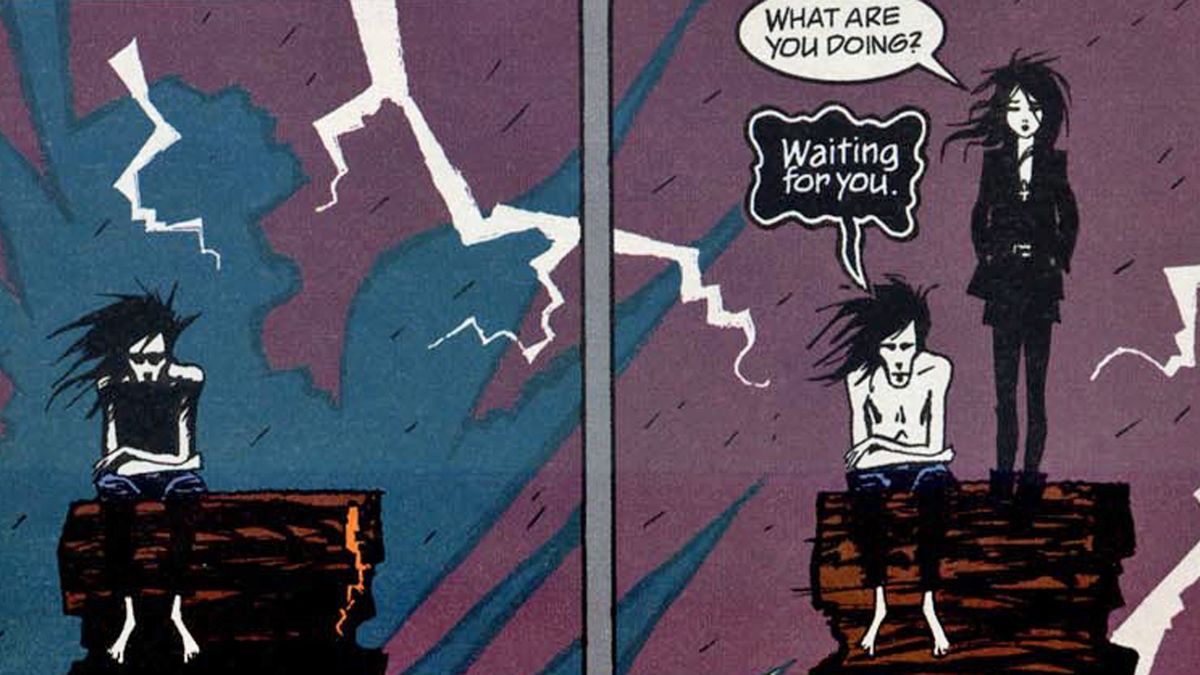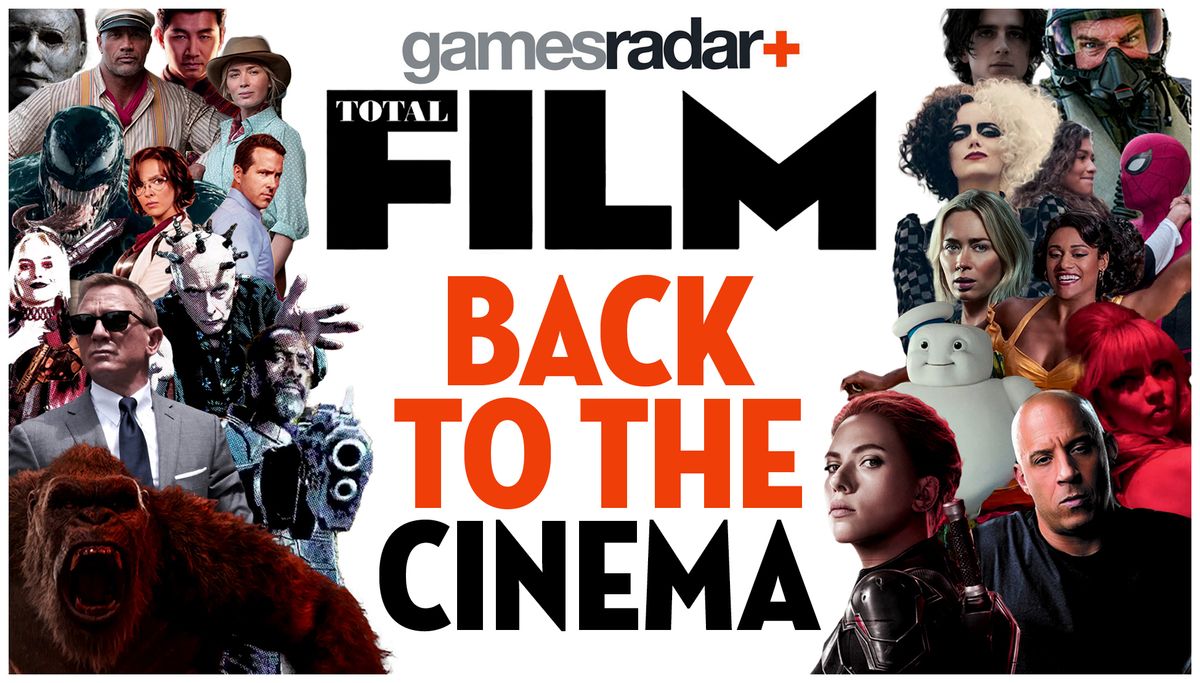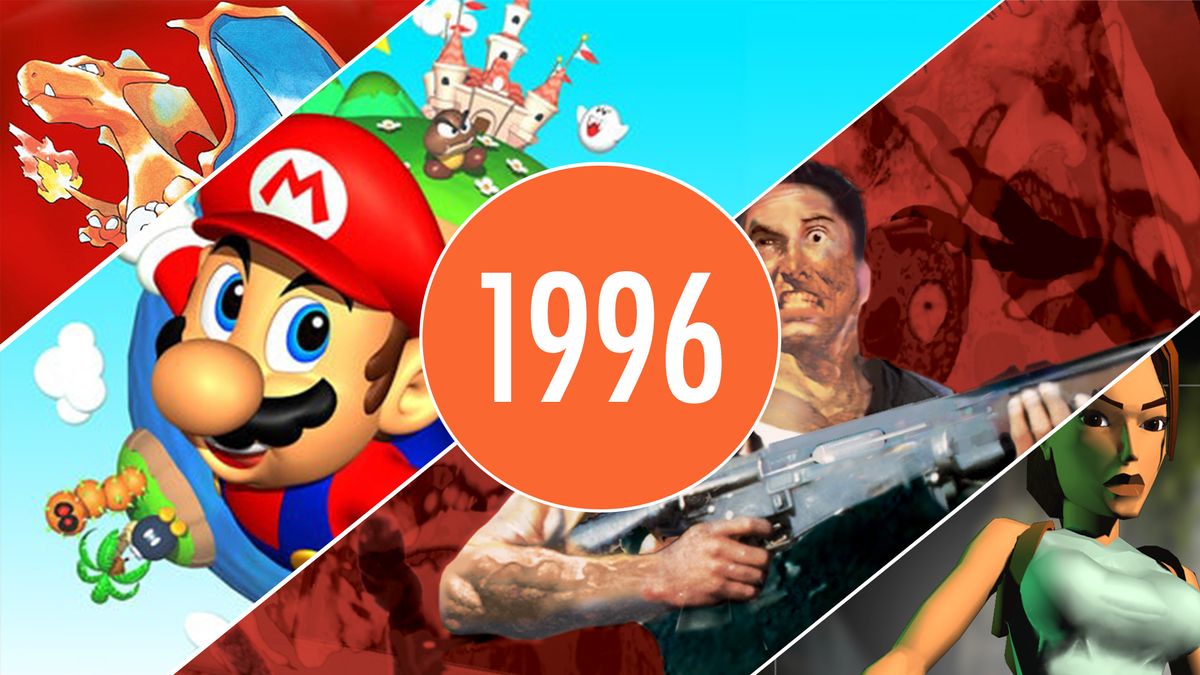I’m very particular about which RPGs I invest my time in. There are only so many hours in a day, and only so many of them can go toward gaming. For me to spend a large chunk of those hours with that one universe, character, and set of systems, I need to be excited about all three. I got to play a few hours of Horizon: Zero Dawn (opens in new tab), and that gave me a chance to assess each of them.
A special, unique world

From the second that immense robo-dinosaur first appeared on a screen at E3, I knew that Horizon: Zero Dawn was a world where I would want to lose myself. After my experience, that feeling is still strong. The game opens with the main character, Aloy, being given her name. Even in that cinematic, I was fascinated by my first partial glimpse at this society. The mysticism, the rigid social orders, the big questions about where the machines came from: I loved it all and I want to know more.
It’s all just so damn cool. Everywhere I looked, I was treated to a striking vista. The machine concepts are equal parts familiar and bizarre. I always liked the feel of Guerrilla Games’ Killzone series, and their creative team seems most comfortable when creating worlds built around strange juxtapositions. Killzone finds beauty in dystopian alien worlds. Horizon joins natural wonders and primitive tools with advanced technology. They find a way for it to make sense visually and I’ve never seen anything quite like it.
The post-post-modern, cybernatural world was the main appeal from the moment Horizon was announced. And it’s the world that’s got me most excited about the prospect of spending more time with the game.
Combat is varied, but will it stay fresh?

Horizon: Zero Dawn is a classic RPG at heart. Aloy gets perks across three branches of a skill tree. She can upgrade her weapons, clothing, and gear by crafting together her gathered resources. However, it’s combat that brings all these systems together.
Horizon’s action does a great job of reflecting the ethos of the game world. The weapons are varied, and offering different ways to take out machine and human opponents. I especially enjoyed the fire arrows, which could trigger waves of explosions that knocked out squishier machines, and the tripcaster, an electrified wire that stuns enemies that cross it. However, most of them are designed for use at distance. Aloy does have a spear, but that’s the only melee option. I accidentally stumbled into clusters of watchers a few times and struggled to gain enough space to make my weapons effective. Each herd has to be approached from a distance, their routes analyzed, and only then you can pick off the machines one by one.
That was enjoyable in my first several encounters, but I could see it getting tedious after 20 hours and that’s my biggest concern with tackling the full game. Sometimes I could sneak around a pack or outrun them on a mount if I didn’t feel like engaging the herd. But I also like when games give me the option to just meander around, chat with the locals, and enjoy the lush scenery without interruption. That can happen for a few moments at a time, but my takeaway is that Horizon is not a game for that sort of relaxing. It’s for steady, slow-paced, sneaky strategizing. I only briefly explored the upgrading systems, and I’m hopeful that some of the extra tools and perks as Aloy hits later levels will keep the combat fresh.
Aloy is an old-school hero

Finally, we have our central character. There’s lots to admire in Aloy. Her dogged determination. Her loyalty to her adoptive father. Her kickass bow and arrow skills. Her amazing hair. She’s noble and honorable, but if those are her most defining character traits, she’ll feel less relatable than, say, a Nathan Drake or a Lara Croftv to most.
Aloy is a motherless child in a matriarchal society. That outsider perspective alone should give some flavor to her character’s search for her past and identity. But from what I saw of the more dramatic moments, I think Aloy runs the risk of being The Chosen One and not much else. She did have a few moments of humor in conversations with NPCs, which I enjoyed. But she does seem like a classic hero archetype at a time when many games embrace characters’ flaws and weaknesses as well as their strengths. I will be curious if she reacts to Horizon’s major plot developments like a hero or like a human.
There are some opportunities in the game to influence her choices, where you pick whether she’ll take the aggressive, logical, or compassionate path. I appreciate having the option to control those moments. Even if she does wind up being an archetype, she’s at least offering a visual variant that I haven’t seen before and will be great company for this adventure. Besides, there’s comfort to be had with that person who’ll have your back no matter what and will probably save the world.
Based on what I saw at the preview, I’m committing to more time with Aloy and her world. Horizon paints its concepts in broad strokes, but I think the end result is still an image that’s striking to behold.
 Game News Video Games Reviews & News
Game News Video Games Reviews & News



